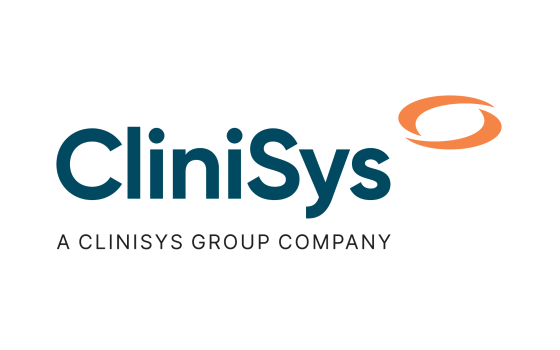
CliniSys Group
The pathology team at Northumbria Healthcare NHS Foundation Trust has decided to replace their legacy LIMS with WinPath Enterprise, hosted by CliniSys from its UK data centre.
Dr Stewart Pattman, Consultant Chemical Pathologist and clinical lead for digital pathology transformation, emphasised that the plan was not just to swap one LIMS for another.
"As a pathology department, we are delighted to have the opportunity to select CliniSys WinPath Enterprise and to design a digital system that supports pathology testing and results for our patients and clinical teams over the next decade and beyond," he said.
"As we get into the implementation, we are determined to keep an open mind about the processes that we have at the moment, and to look for opportunities to improve them.
"This investment also forms part of a wider digital strategy for the trust, so we will be looking for opportunities to integrate our digital systems with others to create clinical pathways in which diagnostics support safe and effective patient management and decision making."
Northumbria Healthcare NHS Foundation Trust is one of the few NHS trusts to have been rated ‘outstanding’ twice by the Care Quality Commission regulator.
It is known for taking an innovative approach to care delivery for its population of 500,000 people, who live across a huge geographical area across Northumberland and North Tyneside.
In 2015, it opened the UK’s first, specialist emergency care hospital to provide consultant-led emergency and specialist care seven-days per week.
Two years later, it became one of the first ‘accountable care organisation’ vanguards to pioneer ideas that are now being taken forward by integrated care systems to plan services for populations and break down traditional barriers between health and care.
To support these developments, the trust has invested heavily in digital technology and in recent years, has deployed an e-observations, bed management and alerting system to replace paper charts and improve patient flow.
The CliniSys Integrated Clinical Environment (ICE) is used by the trust and local GPs to order tests and the plan is to integrate WinPath Enterprise with this and other electronic systems used within the trust.
For example, Dr Pattman said he wanted to explore how the laboratory can provide more specific advice based on clinical requests and ‘add on’ appropriate tests depending on patterns of results reported to help their clinical colleagues solve clinical problems; and how the results of tests for acute problems such as sepsis and acute kidney injury can be fed back even more quickly to clinical areas, so staff can act on them.
Results will also be fed into the Great North Care Record that is being set-up to share key patient data points across the region.
Hannah Cox, LIMS Programme Manager, said: "Northumbria Healthcare has a way of doing things that we call ‘The Northumbria Way’ that is underpinned by a digital strategy.
"We are determined to be part of that bigger digital movement and to play our part in that bigger transformation. We want to think about how the laboratory can support the hospitals and community colleagues to keep patients moving through the system.
"We want to think about how we can support and enable patient care in the community, rather than in hospitals. We really want to use the implementation of WinPath to think about where pathology fits in the whole system and to facilitate integration within the wider patient record."
The trust opted for a hosted solution to avoid having to significantly expand its data centre to host WinPath Enterprise itself, and to take advantage of benefits such as a full hardware refresh half-way through the ten-year contract.
In another development, CliniSys has also agreed to integrate ICE into WinPath, so clinicians working in the trust’s laboratories can launch the patient record in ICE from within the LIMS in a single click, to see if there is any additional clinical information in the system that can support the reporting of test results.
Richard Craven, chief executive, CliniSys, said the company is excited to be working with a pathology service with such big ambitions. "It is always satisfying to win another customer for WinPath Enterprise, but Northumbria Healthcare doesn’t just want to put in a new LIMS," he said.
"It wants to transform pathology services and make sure they can make a real difference to local clinicians and patients. We really applaud that; and we can't wait to get started on the journey with them."
About CliniSys Group
CliniSys Group is the largest laboratory diagnostic IT vendor in Europe, with leading country market shares and an innovative and wide-reaching suite of end-to-end diagnostic solutions.Headquartered in England, with local offices in six European countries, it has for more than 40 years been at the forefront of diagnostics workflow, order communications and information management solutions supporting radiology, cardiology and all pathology disciplines including anatomical or cellular, molecular and genetics.
These encompass the complete workflow from order, clinical decision support, collection, processing, analysis, results and reporting, through integration into the clinical workflow. CliniSys Group has built an unrivalled reputation for the deployment of complex diagnostics networks and academic centres - and is the only vendor repeatably delivering across all disciplines end to end - at scale.